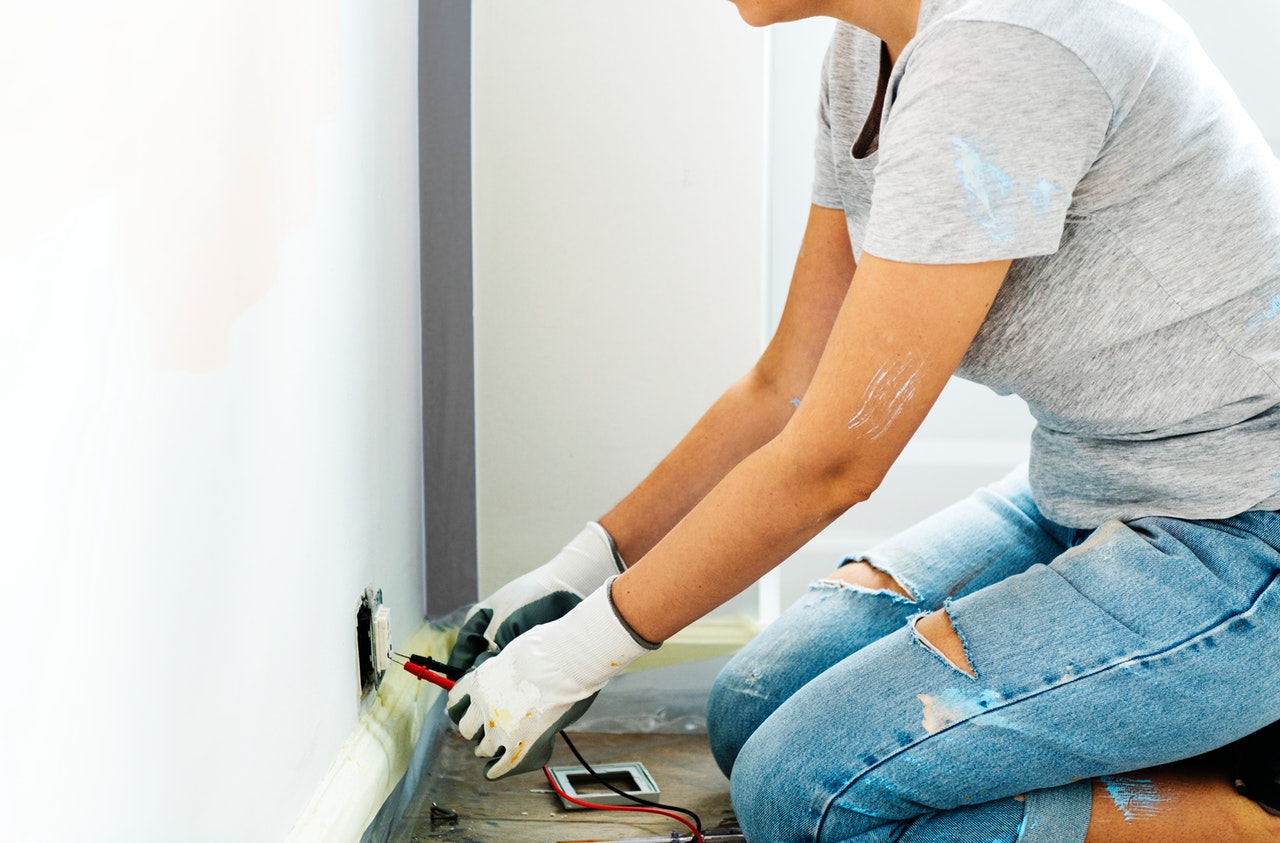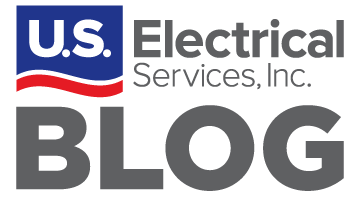
Electrical accidents pose a serious threat to employees in the work site. Electric shocks, arc blasts, and the likes can inflict serious injuries and may even be fatal. NFPA 70E was established to minimize these risks if not totally eliminate them. First, what is this standard and why is it necessary if OSHA codes are already adequate?
What is NFPA 70E?
NFPA 70E is the Standard for Electrical Safety Requirements for Employee Workplaces. It was developed by the National Fire Protection Association (NFPA) upon the request of the Occupational Safety and Health Administration (OSHA).
Designed to reduce the risks of electrical hazards in the workplace, the consensus standard is a guideline for reducing injuries and casualties from exposure to arc blasts, arc flashes, electrocution, and shock.
The 70E is one of more than 300 fire safety standards and codes that are published and distributed globally by the fire protection organization.
While it is not a legal statute, it provides essential safety training for workers, especially those employed by businesses in the electrical industry.
OSHA and NFPA 70E: They Complement Each Other
Contrary to the qualms of some electrical companies, the more recent NFPA standard actually complements already existing OSHA regulations.
OSHA codes primarily regulate employers. These ensure that employers have an adequate safety program in place and take proper steps to train their personnel in the program.
Overall, it provides practical protocols for both employers and employees to achieve the level of workplace safety that OSHA requires. In particular, it increases the safety of employees from electrical hazards. Electrical safety is a major concern for OSHA requirements.
The NFPA standard is detailed and extensive, covering the following aspects of workplace electrical safety:
- Safety-Related Work Practices
- Safety-Related Maintenance Practices
- Safety Requirements for Special Equipment
Do You Need NFPA 70E for Your Business?
One of the biggest questions around this particular standard is whether or not employers are obligated to provide their workers with NFPA 70E training.
The straightforward answer is that it is not. There is no legal requirement for employers to integrate the standard into their fire and electrical safety codes and procedures.
That doesn’t mean you’re better off skipping over it, though. It is not a law, but it certainly assists electrical contractors and related businesses in complying with multiple OSHA codes.
The coverage of this NFPA framework makes it much easier to comply with multiple OSHA requirements:
- OSHA 1910 Subpart S – Safety Practices for Electrical Equipment
- OSHA 1926 Subpart K – Safety and Health Regulations for Constructions
- OSHA 1910 Subpart I – Personal Protective Equipment (PPE) Protective
- OSHA 1910 Subpart R – Special Industries
Secure Your Work Force with Upgraded Safety Practices from NFPA 70E
Electrical hazard is a major threat to employee safety in the workplace. As an employer, this heavy responsibility completely hangs on your shoulders. It simplifies the compliance process for current electrical standards and avoids these risks.
More importantly, the framework promotes a culture of vigilance and precaution in the workplace. Adopting NFPA 70E can save you, your company, and your people from unwarranted tragic losses due to electrical missteps.

